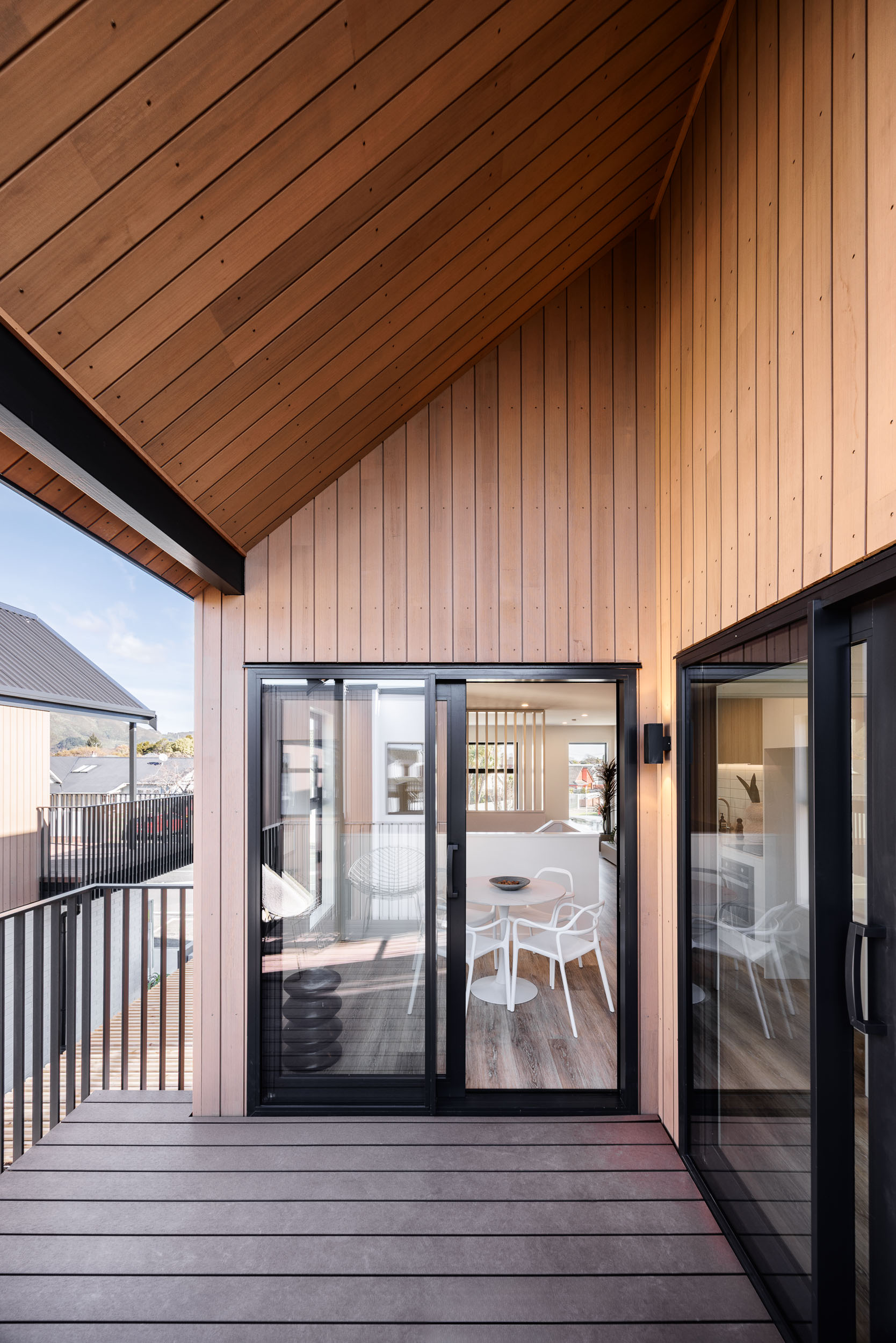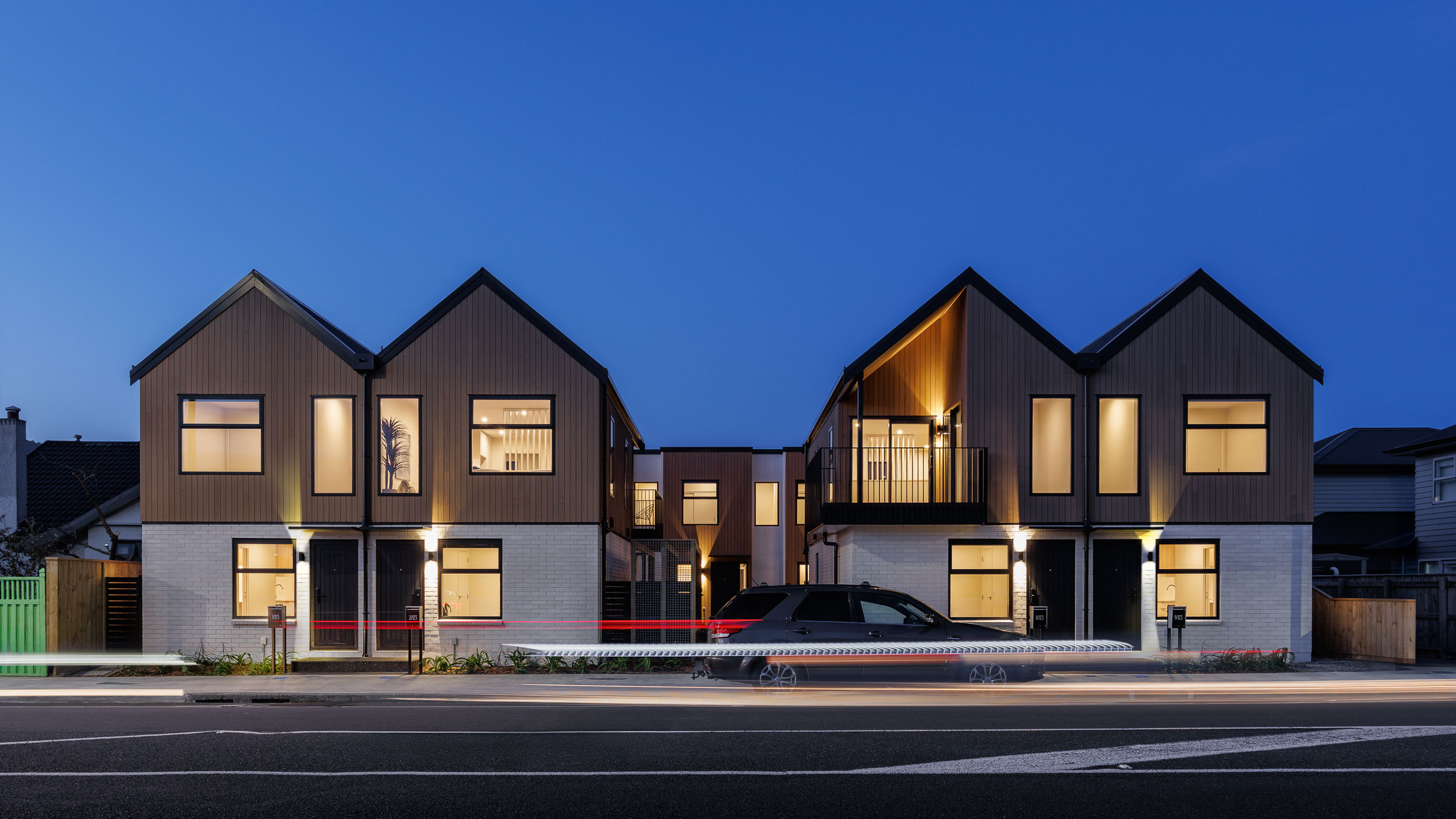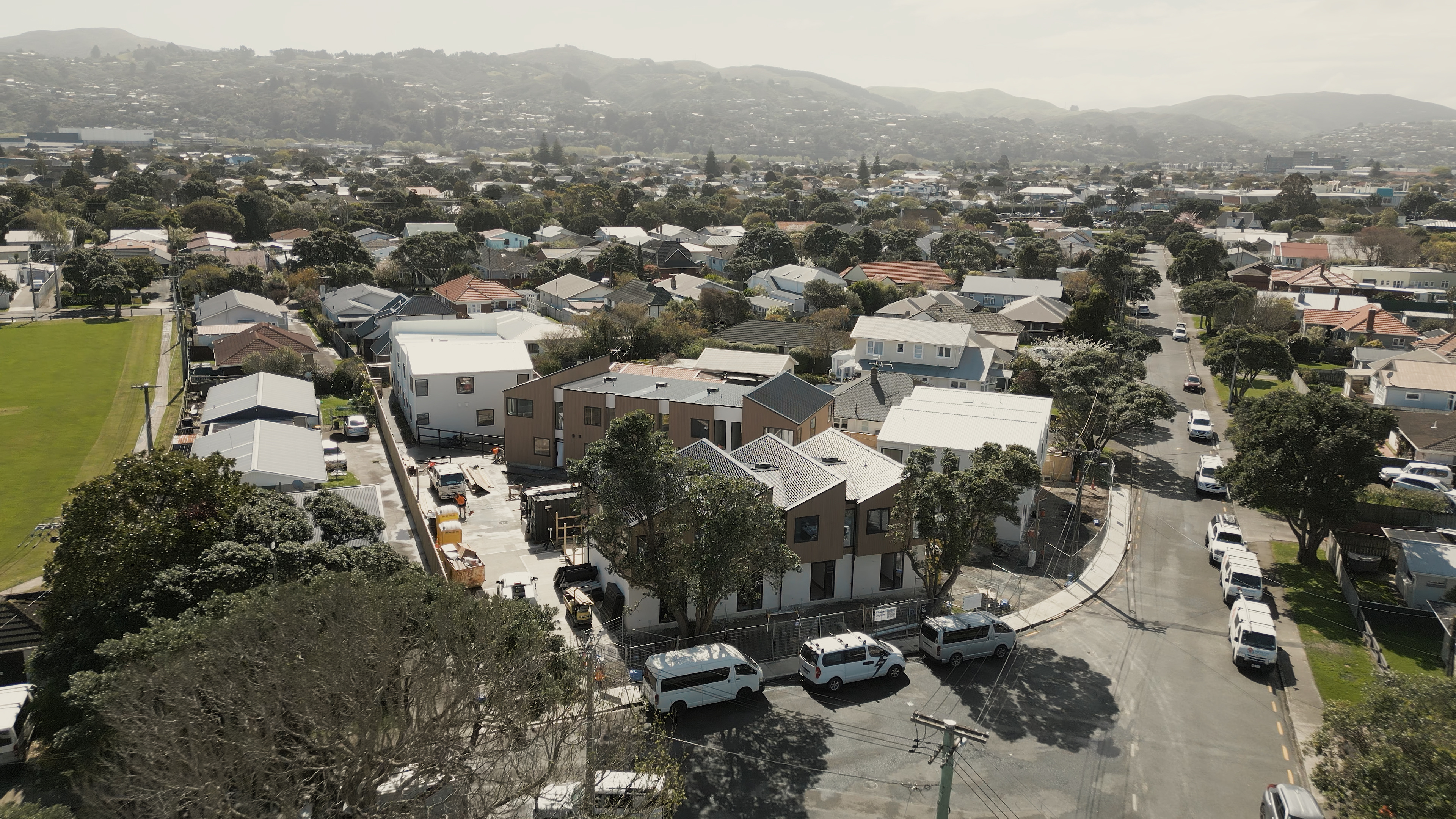Buying existing vs new build: What first time home buyers need to know

Making your first home choice
For many first time home buyers, one of the biggest questions is whether to buy an existing home or a new build. Each option offers unique advantages and trade-offs that can influence your budget, lifestyle, and long-term goals. Understanding these differences will help you choose the right path and make confident decisions on your home-buying journey.
Existing homes: Character and location
Existing homes are often found in established neighbourhoods with mature trees, gardens, and a strong sense of community. They can provide a sense of charm and history that appeals to many first home buyers.
Advantages:
- Character and appeal: Older homes might include lovely features such as original timber floors, bay windows, or high ceilings that add personality.
- Established locations: Often with leafy green surrounding areas.
- Potential to add value: Renovating or extending can build equity over time.
Things to consider:
- Maintenance and repairs: Older homes may need rewiring, plumbing upgrades, or roof replacements, which can quickly add costs.
- Energy efficiency: Many existing homes don’t meet modern insulation or heating standards, leading to higher power bills and less comfort.
- Uncertain pricing: Auctions and tenders can make it harder to know what you’ll end up paying, adding stress to the process.
For buyers who love traditional design and established areas, an existing property might feel like the right fit. Just make sure to factor in renovation costs and possible compliance updates before you commit.
New builds: Certainty and efficiency
New builds are designed for modern living, combining warmth, efficiency, and low-maintenance materials. For many first time buyers, these homes offer peace of mind, predictable costs, and a stress-free start to home ownership.
Advantages:
- Price certainty: Fixed pricing provides clarity around what you’re paying, which is ideal for first-home budgets. In this market you also likely won't miss out when you offer on a townhouse.
- Energy efficiency: Modern insulation, double glazing, and heat pumps make new homes warmer and cheaper to run.
- Low maintenance: Everything is new and covered by warranties, saving money in the early years.
- Smarter layouts: Open-plan living, functional storage, and good indoor-outdoor flow suit today’s lifestyle.
Things to consider:
- Section size: Modern developments often have smaller sections to maximise space efficiency.
- Location: Some new builds are on the edge of cities, although in-fill housing is increasingly bringing new homes into central areas.
- Buying off the plans: You may need to wait for completion, but this also gives you more time to save and prepare financially.
Many new builds today are townhouses, offering first home buyers a practical balance between affordability and comfort. Fixed-price developments make it easier to plan ahead without surprises.

Financing your first home
Understanding your financial options early can make a big difference when deciding between an existing home and a new build.
First time home buyers can explore:
- Kāinga Ora’s First Home Loan for lower-deposit lending.
- KiwiSaver withdrawals to boost your available funds.
Getting pre-approval from your bank or mortgage adviser lets you know exactly what you can afford before you start viewing homes. If you’re buying off the plans, ask whether your developer offers a smaller deposit to make budgeting easier. Keep in mind a lower deposit might result in larger mortgage therefore higher mortgage payments.
Which option suits you best?
Your choice often comes down to what matters most: character, certainty, or convenience.
Choose an existing home if you:
- Love unique architecture and the idea of renovating.
- Value a larger section or established suburb.
- Don’t mind higher upkeep or ongoing improvements.
Choose a new build if you:
- Want fixed pricing and predictable costs.
- Prefer a warm, energy-efficient, low-maintenance home.
- Like modern layouts and turnkey convenience.
For many first home buyers, the benefits of new builds – comfort, design efficiency, and long-term savings – make them an increasingly popular choice.
Expert tip: Think long term
When comparing options, look beyond the initial purchase price. Consider the total cost of ownership over five to ten years. Lower power bills, minimal maintenance, and builder warranties can make a new build more cost-effective over time.
Also consider resale appeal. Modern homes that meet updated building codes tend to retain strong buyer demand and lower insurance costs.
The bottom line
There’s no single right answer, but your priorities will guide you. If you want character and location, an existing home could be ideal. If you value predictability, modern design, and a stress-free start, a new build may be the smarter move.
For many first time home buyers, fixed-price townhouses and new build developments offer a straightforward way to enter the market with confidence.
If you’re leaning toward new builds, take a look at our related article: Why Buying Off the Plans Might Be a Smart Move.
Quick resources for first home buyers
- Sorted.org.nz – Home-buying calculators and budgeting tools
- Settled.govt.nz – Guides for first home buyers
- Talk to your mortgage adviser or developer for tailored advice.
Chat with our team about current availability and start your journey home today.
Contact us




